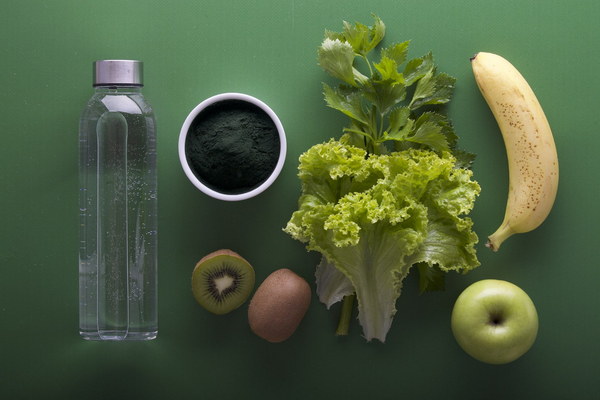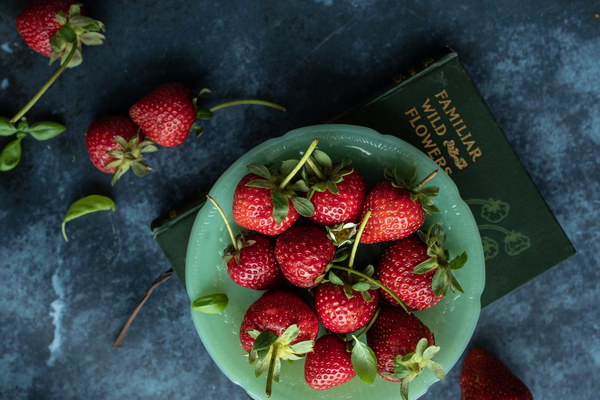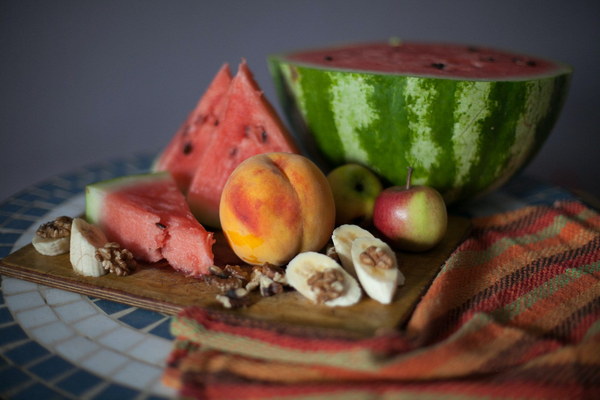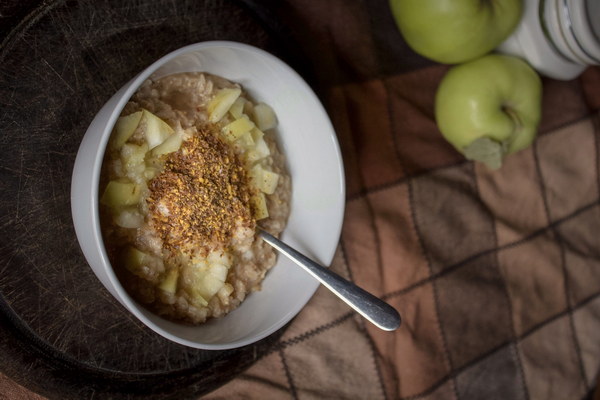Optimal Diet for Diabetics Foods That Nourish the Stomach
Introduction:
Diabetes is a chronic condition that affects millions of people worldwide. While managing blood sugar levels is crucial, it's also important to focus on maintaining a healthy stomach. A nourishing diet can help alleviate gastrointestinal issues often associated with diabetes. In this article, we'll explore the best foods that can help diabetics keep their stomachs healthy and satisfied.
1. High-Fiber Foods:
Fiber is essential for digestion and can help regulate blood sugar levels. Incorporating high-fiber foods into your diet, such as whole grains, legumes, fruits, and vegetables, can promote a healthy stomach. Here are some specific examples:
- Oatmeal: Rich in soluble fiber, oatmeal can help control blood sugar levels and keep you feeling full longer.
- Brown rice: A whole grain that provides fiber and essential nutrients to support gut health.
- Legumes: Beans, lentils, and chickpeas are excellent sources of fiber and protein, making them perfect for a diabetic diet.
- Berries: Blueberries, strawberries, raspberries, and blackberries are low in sugar and high in fiber, making them ideal for a healthy stomach.
2. Probiotic-Rich Foods:
Probiotics are beneficial bacteria that promote gut health. Including probiotic-rich foods in your diet can help improve digestion and reduce gastrointestinal issues. Some examples include:
- Yogurt: Opt for plain, unsweetened yogurt with live cultures to support a healthy gut.
- Kefir: A fermented milk drink containing probiotics, kefir can help maintain gut balance.
- Sauerkraut: Fermented cabbage, sauerkraut is rich in probiotics and can aid digestion.
- Kimchi: This Korean dish is made from fermented cabbage and offers a great source of probiotics.
3. Low-Glycemic Foods:
Low-glycemic foods have a minimal impact on blood sugar levels, making them ideal for diabetics. These foods are digested slowly, helping to maintain stable blood sugar levels and reduce the risk of stomach discomfort. Some low-glycemic foods include:
- Non-starchy vegetables: Broccoli, spinach, kale, and asparagus are low in carbohydrates and high in fiber.
- Lean proteins: Turkey, chicken, fish, and tofu are excellent sources of protein with minimal impact on blood sugar.
- Nuts and seeds: Almonds, walnuts, chia seeds, and flaxseeds are low-glycemic and rich in healthy fats and fiber.

- Whole grains: Quinoa, barley, and buckwheat are low-glycemic and provide essential nutrients.
4. Hydration:
Staying hydrated is essential for overall health, including gastrointestinal health. Drinking plenty of water throughout the day can help prevent constipation, bloating, and other stomach issues. Aim for at least 8 cups of water daily, and consider adding a slice of lemon or cucumber to enhance flavor and promote hydration.
5. Avoidance of Certain Foods:
Certain foods can exacerbate stomach discomfort in diabetics. It's best to avoid or limit the consumption of:
- High-fat foods: Fatty foods can slow digestion and increase the risk of stomach discomfort.
- Highly processed foods: These foods are often high in sugar and unhealthy fats, contributing to stomach issues.
- Alcohol: Alcohol can irritate the stomach lining and disrupt digestion.
Conclusion:
Maintaining a healthy stomach is an essential aspect of managing diabetes. By incorporating high-fiber, probiotic-rich, low-glycemic foods, and staying hydrated, diabetics can support their gastrointestinal health. Remember to avoid high-fat, highly processed foods, and alcohol to minimize stomach discomfort. A balanced diet, combined with regular exercise and medical guidance, can help you achieve a healthier stomach and overall well-being.









